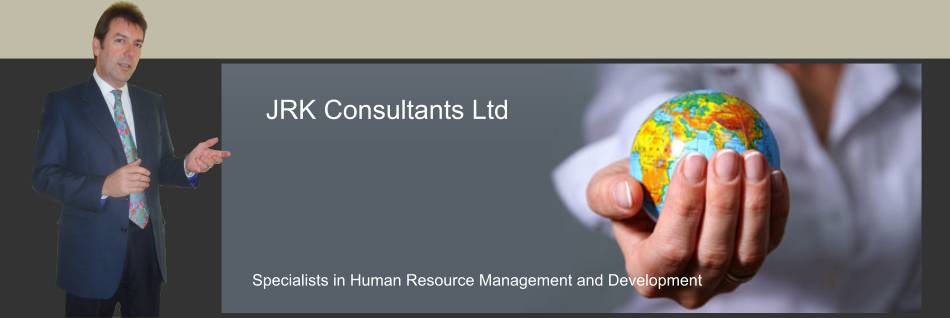How watching Nick Clegg made me a better coach.
26 September 2013 by John Kempton
How watching Nick Clegg made me a better coach.
Lessons learned from my latest coaching assignment.
I have just finished a Coaching contract with a manager in Local Government. He is a technical specialist ‘promoted’ into a position where he has to manage a large number of staff. He was not that familiar with the ‘people’ parts of managing and leading people. My job as his coach was to help him.
As a good practitioner I reviewed my own performance and thought about what went well and what I can learn from the experience to make me a better coach.
My review has confirmed that the three key elements of effective coaching are:
Process, Content, and Skills.
The process issues are about how you have set the coaching contract up.
The content issues are about what is the subject matter the client/coachee wants to work on. And,
The skills are the skills of the coach – and the skills of the client/coachee.
The Process
The first point here is that effective coaching takes time! Often the content is about the client/coachee changing their own behaviour – and that does take time. Our contract was for six sessions spaced every month. As time went on we changed the spaces to every six weeks. As we neared the end of the allocated sessions it became clear that more sessions were needed to allow time for the planned changes to be effected. Fortunately HR played along and granted the two extra sessions.
Location is important too. Meetings in the office arouse the interest and suspicions of staff. Hotel receptions can be cold, noisy and uncomfortable. Find a good location- if necessary hire a meeting room, but make sure your meeting place is private and undisturbed.
Length of sessions – I go for two hours at a time. Effective coaching takes a lot of concentration on both sides.
Documentation is important. You need to complete an action plan after each session. Some of the plans will be short term and some longer so it provides a guide for what the client/coachee is going to work on.
The Content
The key issues may not be obvious. So, the secret is don’t hurry. It can take time to establish trust and it can take time for the real issues to emerge. For example the content of the first action plan may be revealed as an underlying trend by the third session. Changing behaviour can be instant but lasting change comes from changing attitudes and beliefs – and that takes longer.
I started by looking at the competency framework for a manager and getting the client/coachee to asses himself against it and that generated items for an action plan.
The Skills
There are lots of skills required for the effective coach. Most of them are very obvious – but not always easy to do! Skills like Listening, concentrating and showing empathy. I believe you also need creativity – to help the client/coachee understand the issue. We did a few creative things – one of which you might find interesting.
To aid our conversation on body language and how to answer questions effectively I set the coachee some homework – to go online and watch some of the televised TV debates between Gordon Brown, David Cameron and Nick Clegg, prior to the general election in 2010.
Nick Clegg was brilliant at addressing the questioner, using their name and giving them good eye contact. David Cameron was pretty good at these bits as well. Gordon Brown probably thought the words were more important – but was perhaps not able to get his message across so clearly.
These are the skills that the spin doctors know about based on the work of Mehrabian. The theory is that 55% of the impression we form comes from how we look, 38% from how we sound and only 7% from the words we actually use.
We observed that Gordon also gripped the lectern tightly, while the other two used their hands more freely to accentuate points and make inclusive gestures to the audience. Again this impression of how you look was stronger for Nick and Dave.
Gordon relied on passion and conviction and concentrated on the words. The feedback from focus groups supported the idea that making an impression with the words is only worth 7% – and not as effective as the 93% based on how we sound and how we look.
Back in the coaching session we discussed our observations and what the client/coachee could learn from it. We added to the action plan how this learning could be applied in real situations.
So, the key areas for successful coaching are process, content and skills.
Make sure you set a process that is robust but adaptable.
Make sure you are working on relevant content for the client – and don’t forget it can take time for this to be revealed.
Finally, make sure you have identified the skills you require, and then concentrate hard to use them appropriately. Review and practice your skills, especially your creativity because it might open a fresh way for the client/coachee to see the issues.
If you need a business coach or want to discuss how to evaluate your coaching experiences contact me, John Kempton on jrk@jrkconsultants.co.uk.
I hope you found this blog useful. Contact me for more ideas on this topic. If you have any suggestions for future blogs let me know.
John Kempton
